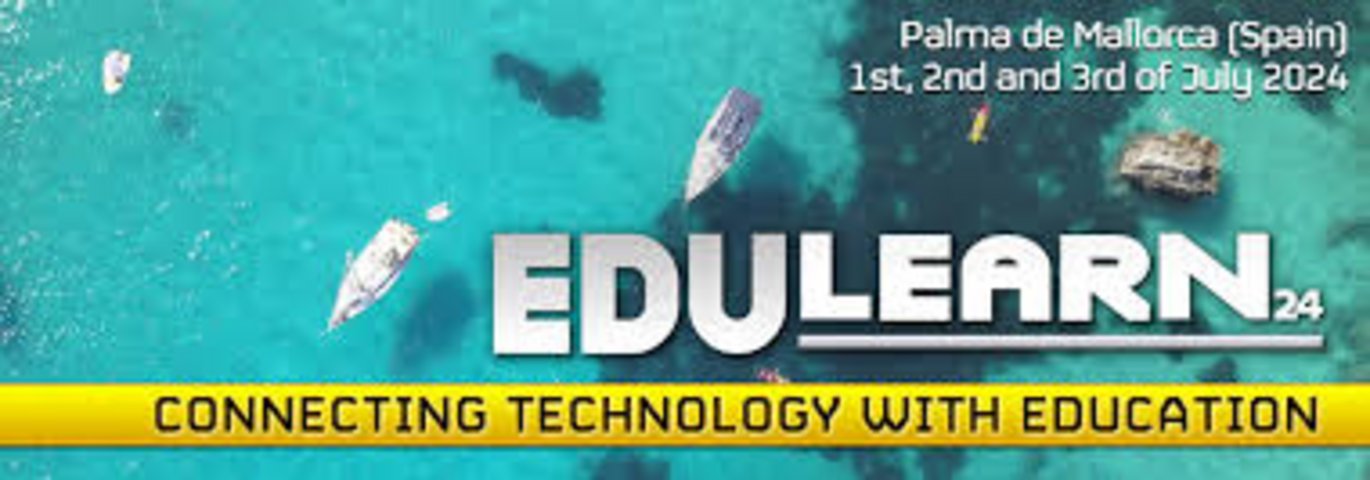New conference proceedings paper by Cristina Lagido, Gitte Kragh, and Kristian H. Nielsen (with the PATTERN Consortium)
Open Educational Resources on Open Science and Responsible Research and Innovation (Open RRI). EDULEARN24, EDULEARN24 Proceedings, Palma de Mallorca, Spain, July 1-3, 2024

Abstract
This paper presents key findings from a large mapping exercise of open educational resources in Open Science and Responsible Research and Innovation (Open RRI), carried out by the Horizon Europe-funded PATTERN project. Using a mixed-method approach, we collected and assessed information on over 500 training resources across eight Open RRI skill areas through collaborative knowledge gathering, desk research, and surveys. Our quality assessment of approximately 250 digitally and freely available resources within Open RRI considered relevance, accessibility, ease of implementation, structure, and description quality, aiming to identify strengths, weaknesses, and gaps for potential reuse and new training opportunities.
We discuss our key findings across Open RRI skill areas. In Open Access (OA), we identified 16 course and 18 non-course materials, focusing notably on beginners, with gaps identified in predatory publishing, repositories, specific routes for OA, and funder requirements. For Findable, Accessible, Interoperable, and Reusable (FAIR) Data Management, 23 course and 39 non-course materials were collected, mainly for beginners, revealing a gap in advanced-level training materials, particularly in controlled vocabularies, metadata standards, and long-term curation, as well as training for laypersons. Citizen Science resources encompass 54 courses and 55 non-course materials, emphasizing introductory levels and broad audiences, with gaps identified in advanced-level training, diversity and inclusion, institutional change, and fundraising. Research Integrity resources include 16 courses and 16 non-course materials and more from The Embassy of Good Science Platform, highlighting gaps in intellectual property, research collaborations, privacy, confidentiality, and Open Science training. Gender, non-discrimination, and inclusion in research resources cover 20 courses and 44 non-course materials, with gaps beyond Gender Equality Plans, insufficient attention to gender-based violence, and a need for more advanced-level training tailored for trainers and educators, as well as tools for self-awareness of bias/privilege and action tools. Dissemination and Exploitation of Results resources include 22 course-type offerings and 13 non-course materials, primarily targeting beginners and all researchers/academics, revealing gaps in intermediate and advanced-level resources, particularly in intellectual property and business plans, and social, cultural, and economic impact. Science Communication (towards media and policymakers) includes 99 courses and 15 non-course materials, mostly designed for beginners with paid access, with identified gaps in advanced levels, engagement with policymakers, Artificial Intelligence communication, diversity and inclusion, communication of uncertainty, and data visualization courses. Management and Leadership resources, comprising 36 courses and 11 non-course materials, cover diverse topics but reveal a gap in addressing mentor-mentee relationships and networking, crucial for researchers' professional development.
Our work offers a comprehensive view of existing high-quality resources in Open RRI training, acknowledging the dynamic nature of the field. Challenges such as limited information on in-person training, language barriers, and gaps in certain areas highlight the need for continuous mapping efforts and ongoing crowdsourcing to address evolving training landscapes and enhance accessibility and inclusivity.
Keywords: Open Science (OS), Responsible Research and Innovation (RRI), Mapping exercise, Educational resources, transferable skills, quality, gap analysis.
